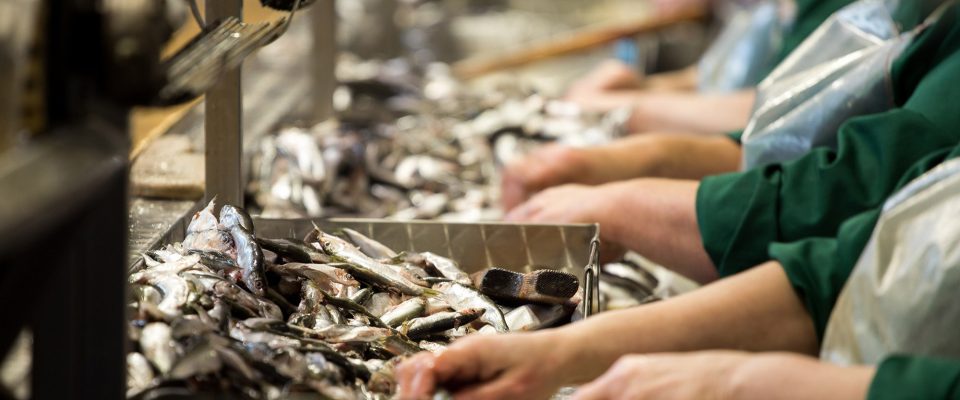Key finding
Companies can do more to tackle illegal fishing.
Illegal, Unreported or Unregulated (IUU) fishing represents up to 26 million tonnes of fish caught annually. It’s clear that companies are committed to excluding IUU fish in their operations – except only about a third of the companies can prove they have specific mechanisms in place to reduce IUU risks in their supply chain.

Is the seafood industry on track to achieve the SDG target on IUU fishing?
Illegal, Unreported and Unregulated (IUU) fishing must be eliminated by 2020. That is the ambitious UN SDG target. The issue of IUU fishing is widely acknowledged by the industry, with 83% of benchmarked companies stating that they do not accept IUU fish in their operations and supply chains. Most of these companies demonstrate that they have procedures in place to address IUU risks. However, only a third of the companies show that they conduct risk assessments for IUU fisheries specifically. Setting leading examples are Labeyrie Fine Foods and Parlevliet & Van der Plas, who share detailed risk assessment tools to monitor specifically for IUU risks in their supply chains.
Traceability and monitoring systems are regarded as important mechanisms to address IUU. Several companies were able to demonstrate traceability systems monitoring their seafood products, or they are participating in multi-stakeholder initiatives aimed at improving traceability in the industry. However, more than a third of the companies in the benchmark did not provide evidence on how they monitor and guarantee the legality of the seafood in their operations and supply chains.
Overall, considering the urgency of achieving this SDG target by its 2020 deadline, the seafood industry needs to move quickly. Their combined action could have a profound impact. Ensuring that marine resources are harvested responsibly and legally.
